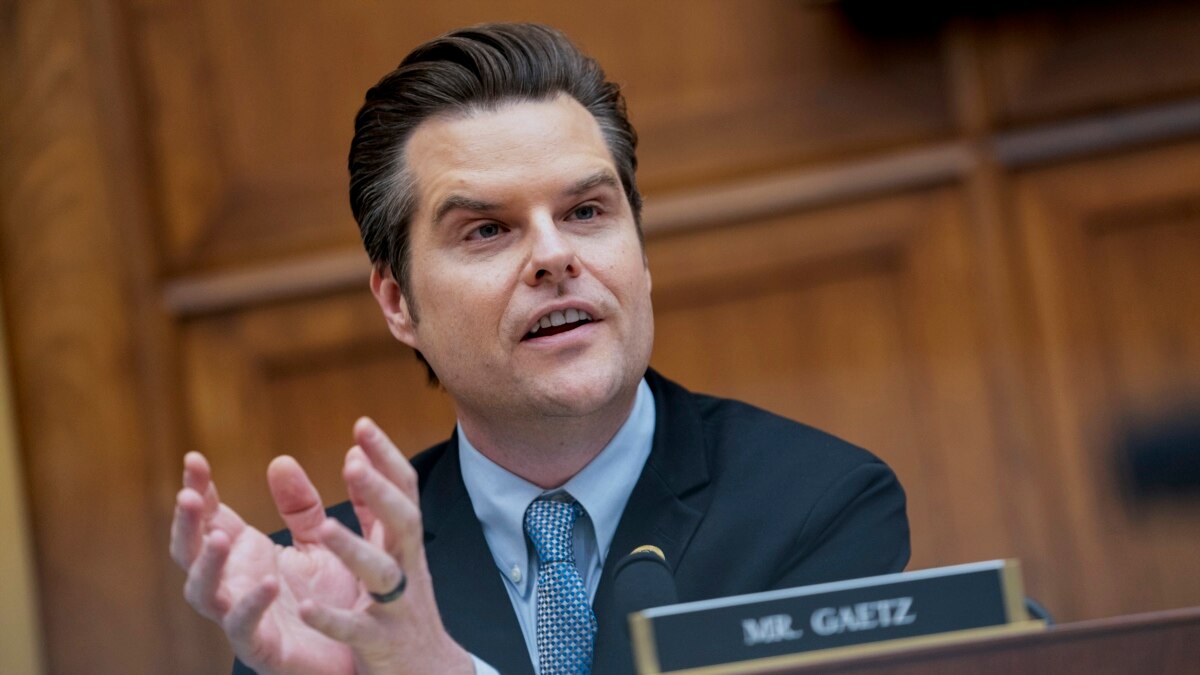The persistent entanglement of controversy and government projects has raised eyebrows and fueled widespread frustration as the scandal surrounding the digitalized number plates debacle takes center stage.
Amidst accusations of mafia involvement, abuse of procurement processes, and lack of coordination among government agencies, questions continue to mount regarding the factors contributing to Uganda’s recurrent engagement in flawed and questionable projects.
The shadowy world of alleged mafias, government brokers, and clandestine backdoor deals is once again under scrutiny, with the digitalized number plates saga igniting fresh concerns about the mechanisms steering government initiatives.
In the midst of these allegations, uncertainty abounds as the public wonders who might be orchestrating these deals and to what end.
The controversy surrounding the digitalized number plates project has invited speculation and intrigue, with prominent figures offering their insights.
Otafiire, speaking on the issue, seemed unsure about the situation, prompting speculation about potential motives behind the project.
Erias Lukwago, the Lord Mayor, suggests that government channels for proper investment guidance have been systematically exploited, allowing vested interests to manipulate project outcomes.
Julius Mukunda of the civil society budget advocacy group CSBAG emphasized that established processes, like the procurement process, should be adhered to in government projects.
He highlighted the abuse of these processes, revealing that the Auditor General’s report disclosed a staggering loss of 2.2 trillion shillings in the previous fiscal year due to procurement irregularities.
This unsettling trend is not new to Uganda, as controversies have plagued various government projects, including the Lubowa Specialized Hospital, Vinci Coffee Company, Atiak Sugar Factory, and the Kampala-Entebbe Expressway.
Mukunda points to poor coordination among government agencies, highlighting a lack of collective understanding and adherence to proper protocol.
The contrasting responses from senior government ministers Otafiire and Muhwezi have only deepened public skepticism.
Many are now advocating for a pause in the implementation of the digitalized number plate project until all concerns are addressed.
Mukunda proposes a return to the drawing board, urging a thorough reassessment and harmonization of the project’s details before any further steps are taken.
Ssebamala voices his doubts about the suitability of the Joint Stock Company responsible for the project, calling for its reevaluation or removal from the equation.
As frustration mounts and questions multiply, a common theme emerges: Why does Uganda seem to repeat its mistakes, and are the alleged mafias and powerful interests truly beyond the reach of effective control?
Mukunda suggests that these powerful players may be subverting collective cabinet decisions, further complicating the situation.
The ongoing saga of the digitalized number plates serves as a stark reminder of the challenges Uganda faces in maintaining transparency, accountability, and effective governance in its projects.
As the nation grapples with these issues, it remains to be seen whether the lessons from this controversy will prompt systemic changes that can prevent future debacles.









